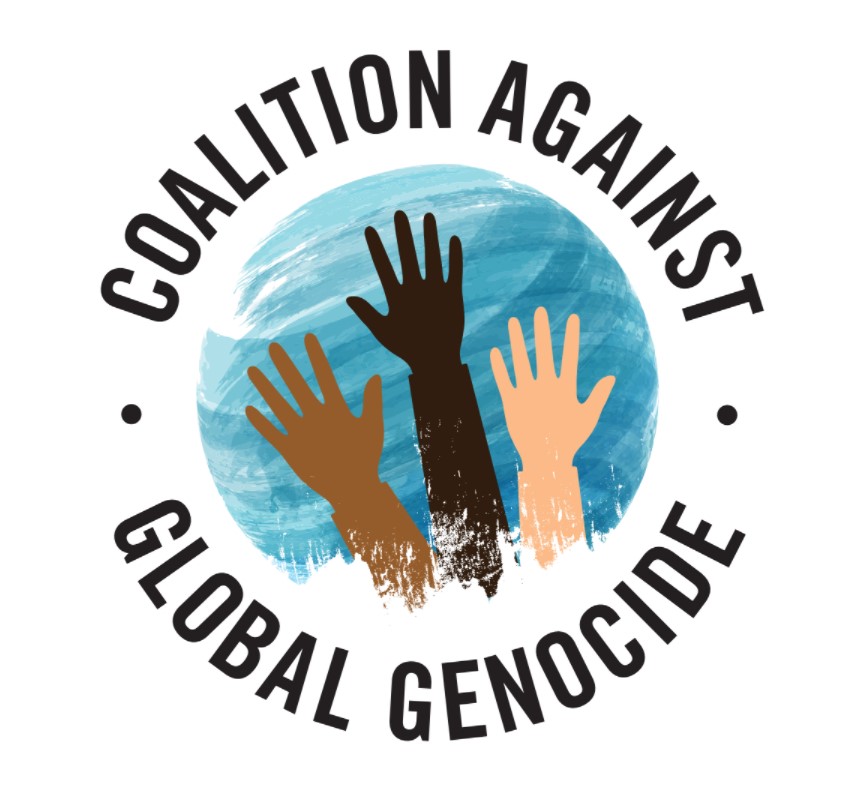As stated in a proclamation from the White House,“This month, we celebrate the Asian American, Native Hawaiian, and Pacific Islander (AA and NHPI) communities, whose ingenuity, grit, and perseverance have pushed our great American experiment forward.” While this is the broader reason behind AAPI Month, Fran Campbell, president of the Asian Chamber of Commerce in Denver, discusses the importance of this month and how it came about in a recent episode of “Never Again.” She cites two reasons for the establishment of the month.
The first is Nakahama Manjirō, also known as John Manjirō or John Mung, who is believed to be the first Japanese person to permanently reside in the United States. Through his expertise and translation abilities, he indirectly influenced the opening of Japan, effectively helping to end the country’s isolationism.
The second reason Campbell cites is the Chinese workers who built the Transcontinental Railroad from the west side. Due to the West’s mountainous terrain, these workers risked their lives each day as they handled explosives, using them to demolish mountain sides and create tunnels for the railroad. Not only were these Chinese workers treated poorly, they were barely paid and were never recognized for their contributions even after the railroad was complete.
AAPI month began as a week-long celebration in 1978, and then in 1992, President George W. Bush officially designated the entire month of May as Asian American, Native Hawaiian, and Pacific Islander Month. “I think now, with everything that’s been going on in our community, our history of discrimination that has come into light… [AAPI Month] has taken on quite a significance and it’s very important not just to our community but to anyone who wants to learn about it,” says Campbell.
Later in the episode, Campbell discusses the “model minority myth” that was established in the 1960s by the media and how it created a divide between the Asian and Hispanic populations in the U.S. The myth, which stereotypes Asian Americans as hardworking, intelligent, and successful, has been used as a racial wedge since the end of World War II. “It was just another way of making us ‘other’,” Campbell states, “It was another way of making us unseen and invalidated.” She goes on to say that “If anything, for Asian American Pacific Islander Heritage Month, that’s a myth that we want to do away with,” as it deprives the Asian communities of a seat at the table when it comes to making big decisions in America.
In another episode of “Never Again,” Co-Founder and President Lisa Kelekolio and Vice President Philip Swain from the Pi’ilani Hawaiian Civic Club of Colorado, discuss the colonization of Hawai’i and how the Whites banned the Hawaiian language and forced Native Hawaiians to speak English. “It was forbidden,’ says Kelekolio, “In colonization… the dominant force will say, okay, ban the language, and then maybe we can, to some degree, quell the culture. And so that’s what happened.”
She goes on to describe how fortunately, some of the seniors in the Hawaiian community were able to preserve the language secretly. “Less than 10% of Hawaiians spoke the language. At that generation, the one right before us, the language virtually disappeared.”
“What I want people to understand is, sometimes visitors to Hawaii, or Americans in general, maybe people who are white, don’t understand the trauma that happened to the Hawaiian people. And the trauma crosses bloodlines,” says Swain. “We lost so much. We lost not just land, we lost language, we lost culture.”
The latest episode of “Never Again,” explores the topic of the Japanese internment camps during World War II and features Kaye Yuen, a Japanese American whose family survived the camps. Yuen shares her family’s experience and notes that despite everything her family went through, they taught her to always “Be kind to people and give whatever you have to give.”
As Dr. Pius Kamau states in his interview with Fran Campbell, education is the key to healing our differences. That’s why each episode of “Never Again” published in May, honors AAPI Month by offering a platform for Asian Americans and Pacific Islanders from both cultures to share their experiences and perspectives regarding discrimination, incarceration, racism, and colonization. At the Coalition Against Global Genocide, our hope is that by giving voice to Asian Americans and Pacific Islanders, we can educate the masses and foster understanding to curb hate and prevent crimes against humanity. “The idea of stopping genocide is not when genocide happens,” says Kamau, “It’s much much before.”

